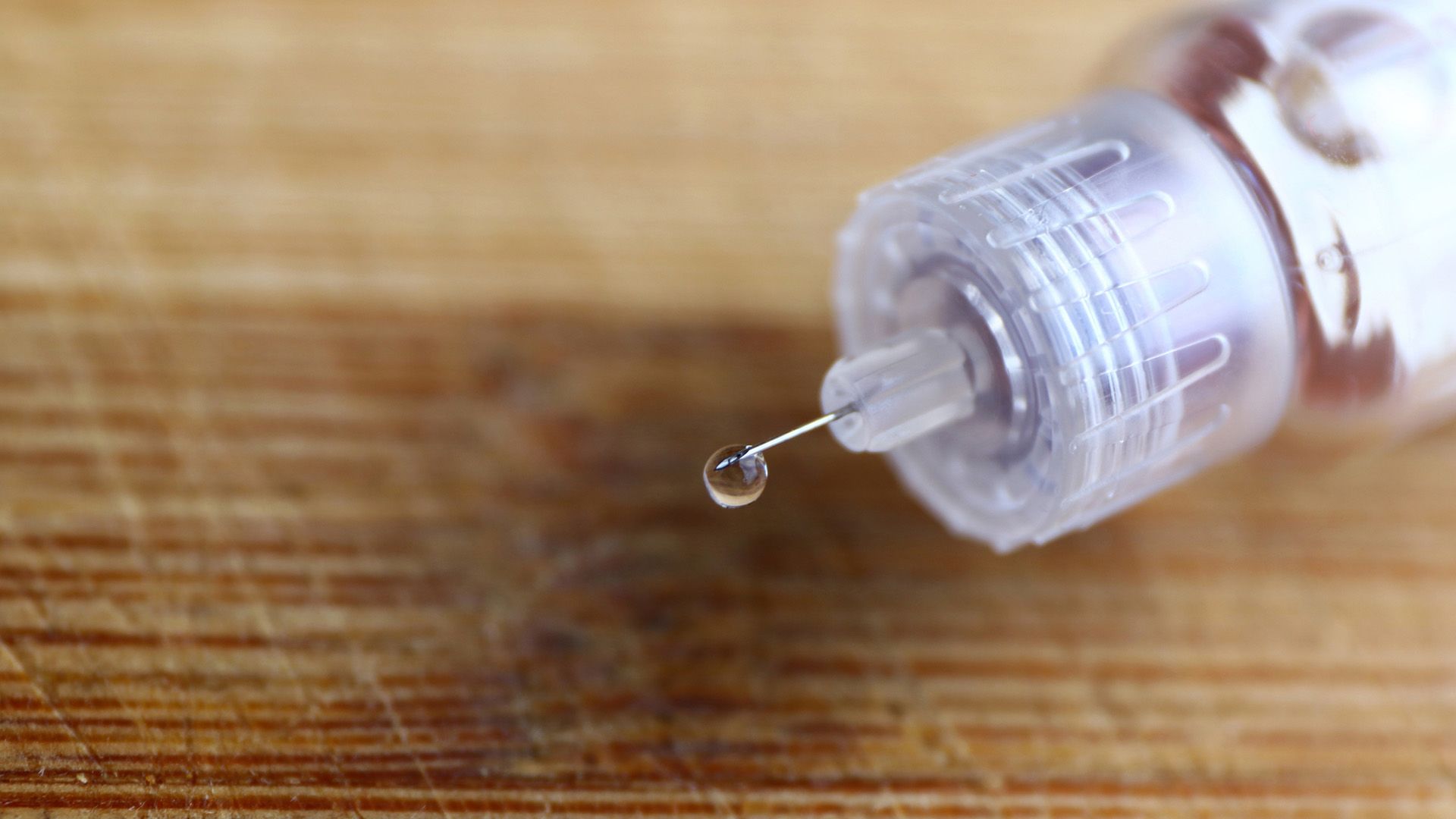Hidradenitis suppurativa (HS) is a chronic skin condition that causes inflamed, painful, boil-like lumps called lesions to form under the skin. Oftentimes, these lumps can break open, resulting in abscesses that drain fluid and unpleasant-smelling pus. In severe cases, scarring can occur as well. HS most commonly affects areas of the body where the skin rubs together, such as the armpits, groin, thighs, buttocks, and breasts.
If you’re living with HS, you know it can be a challenging, time-consuming, and frustrating condition to manage. For some people, it requires a great deal of care. A wound care regimen—which includes cleaning the lesions and dressing them with special covers—may become necessary. In certain cases, the dressings may need to be changed several times a day.
The mental and emotional strain of HS
The burden of living with HS can take a toll on your mental and emotional health. While some people who treat their HS early with surgery have no further symptoms, others find themselves in a constant cycle in which their symptoms go away and then reappear again. This can cause feelings of anxiety about when another outbreak may occur—as well as anger, sadness, or resentment about having to live with a chronic, uncomfortable, and unpredictable condition.
HS can interfere with the social aspects of one’s life. For example, someone living with HS may become self-conscious about meeting up with friends or wearing a bathing suit—and may end up staying home instead. Or they might find they have to leave a get-together early to change the dressing on their lesions. Over time, this could lead to feelings of isolation. Also, because of the discomfort that can go along with the HS (and the areas of the body that it generally affects), people with HS may struggle with romantic and intimate relationships.
Sometimes, but not always, one or more of these conditions can accompany HS: diabetes, heart disease, hair loss on the scalp (resulting from skin inflammation), inflammatory bowel diseases, and polycystic ovarian syndrome. This can add a new layer of stress, anxiety, and other emotions about having to manage additional health challenges alongside HS.
The importance of expressing your feelings
Living with HS isn’t easy, which is why it’s important to tend to your mental and emotional needs, just like you do your physical symptoms of HS. Daily life with HS brings a range of emotions—it might be hard to separate one from another since you likely experience many feelings at once. And maybe it’s not always easy to put words to how you’re feeling or what you’re going through. But beginning to define and identify these emotions can help you start to feel more in control (as well as provide some relief that you’re not keeping these feelings bottled up inside). Here are some avenues that can help you express yourself. You may find a combination of these approaches to be helpful:
- Journaling. In a journal, you can write freely about your frustrations, fears, or any specific experiences related to HS. As you begin to see these thoughts in writing, you may start to better understand how HS is affecting you and the specific situations or symptoms that trigger certain emotions.
- Talking to a mental health professional. You may want to look into seeing a licensed therapist who’s experienced in the management of chronic conditions or chronic pain. Many therapists also cover areas such as relationship counseling and sexual health, which can be helpful for someone who might be dealing with those types of HS-related challenges. Your journal can be a great tool to use during your sessions; you can refer to it if you or your therapist are interested in recounting specific events or exploring an emotion more deeply.
- Joining a support group. You may find great comfort in connecting with others living with HS, others who truly understand what you’re going through. Through this community, you’ll be able to share your own feelings or stories (if you’re comfortable) and hear the same things of others. Your experiences and emotions will be validated as you begin to see you’re not alone and that others are on a similar journey. People may also share self-care tips that have worked for them when managing their HS.






